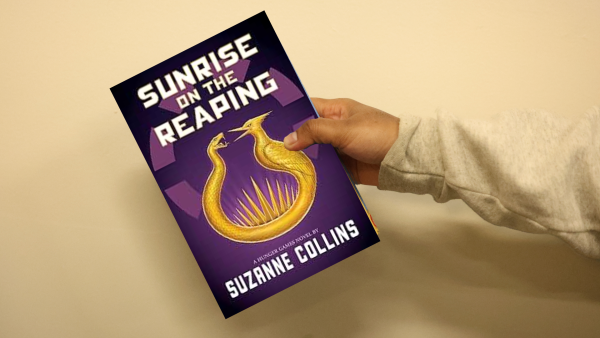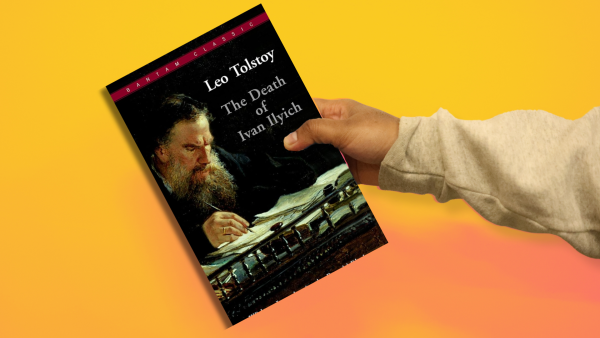Why You Should Be Talking About “No One Is Talking About This”
In her debut novel “No One Is Talking About This,” Patricia Lockwood examines how the never-ending scroll of a social media feed clashes with contemporary perceptions of intimacy. As readers navigate genre-defying chapters with tweet-like characteristics, digital culture intertwines with real-life tragedy.
Following a young woman navigating her exponentially growing fame on “the portal,” a social media platform, Lockwood tracks the unceasing thoughts of her protagonist, in short, poignant chapters. As she grapples with existential questions about her career, social media’s humor and the perception of her future on the internet, tragedy strikes, and the digital life she has built for herself crashes into reality. Written in a fragmentary style reminiscent of Olga Tokarczuk’s novel “Flights,” “No One Is Talking About This” is a reminder that human connection is not confined to only physical or digital spaces.
Prior to this novel, Lockwood wrote “Priestdaddy,” a memoir published in 2017 that dissects her religious upbringing and tradition in the context of her newfound identity. She also wrote two poetry collections. Her collection entitled “Motherland Fatherland Homelandsexuals” was named one of the 2014 best books of the year by the New York Times and Barnes & Noble.
Since publishing her books, Lockwood has accumulated almost 100,000 followers on Twitter, and the self-described “hardcore berenstain bare-it-all” uses her candid tweet style in the novel’s narrative voice. In small, straightforward sections, which often resemble Lockwood’s tweets, she weaves a kaleidoscopic story about the internet without reducing the internet’s insatiable appetite to an inhumane flatness.
The internet — much like traditional depictions of reality — is wildly contradictory and complex. While many writers fail to elevate characterizations of the internet beyond a machine-like coldness, Lockwood embraces humanity in one of the world’s wildest creations, writing, “The first boy who had ever called her a bitch was now in jail for possession of child pornography, and this felt like a metaphor for the modern discourse. But the modern discourse, too, was his mother moaning after a single glass of red wine, ‘I know that he’ll have to go to hell, but stil,l he’s my son’ and ‘What did we do? What did we do? What did we do! What did we do!’”
Evocative and startling, small chapters such as this ignite the discourse of “No One Is Talking About This” in the language of the internet’s reality. The “modern discourse” that Lockwood alludes to is facilitated by the internet, and such discourse is naïve when recognizing its own history and pitfalls. While the internet is a force for good, it accidentally creates its own problems—much like our traditional conception of reality.
In this digital trolley problem, Lockwood conceives our digital reality alongside our physical reality, making a distinct departure from traditional depictions of the internet as a cold, distant space. Instead, as it is for many young people, the internet is not separate from our physical reality but merely a permanent extension.
While writing about the internet in this warm quality, Lockwood’s novel emerges as a pioneer in writing about digital culture. There is no clinical diagnosis of the internet as good or bad but, instead, a tender conversation about the dynamics of present-day reality that no one was talking about before.













































































































































































































